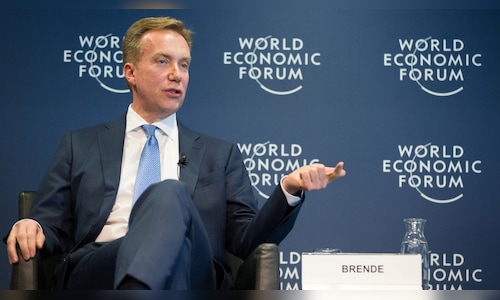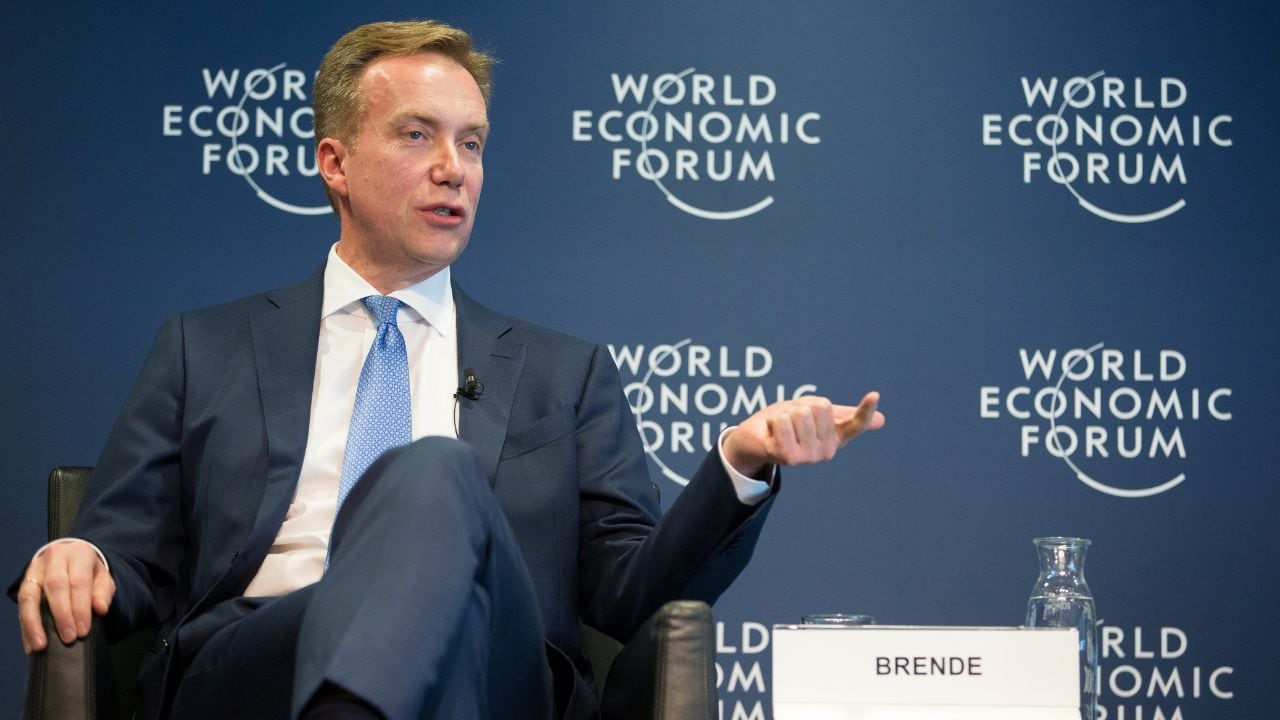

“Deal-making related to tariffs is what we will see more of,” Brende stated, emphasising the strategic use of tariffs as leverage during Trump’s first term.
He pointed to the proposed 25% tariff on Mexico during Trump’s first tenure, which the administration relaxed in exchange for Mexico’s commitment to curb illegal immigration and drug trafficking. Brende suggested that future tariffs would likely serve as conditional tools to renegotiate trade ties and secure concessions rather than as absolute measures.
Brende underscored the US economy’s robust position, noting it accounts for 27% of global GDP despite representing just 5% of the world’s population. He also highlighted the country’s dominance in technology sectors, including the rapidly growing generative AI industry, which reinforces its ability to shape global trade negotiations.
“The winner-take-all dynamics of the platform economy are likely to extend to generative AI, further consolidating US dominance,” Brende observed.
This technological edge, he explained, empowers the US to push for trade agreements that align with its economic priorities and sustain the dollar’s status as the global reserve currency. He added that other nations, particularly BRICS countries, may adopt similar strategies to manage economic pressures.
Brende acknowledged the risks associated with this shift towards transactional diplomacy, such as supply chain disruptions, reduced investor confidence, and strained diplomatic ties caused by prolonged negotiations and tariff threats. However, he also identified potential opportunities for countries to address longstanding trade imbalances and strengthen economic partnerships through such strategies.
ALSO READ | India is becoming ‘startup nation’ of the world, says WEF President
(Edited by : Ajay Vaishnav)



